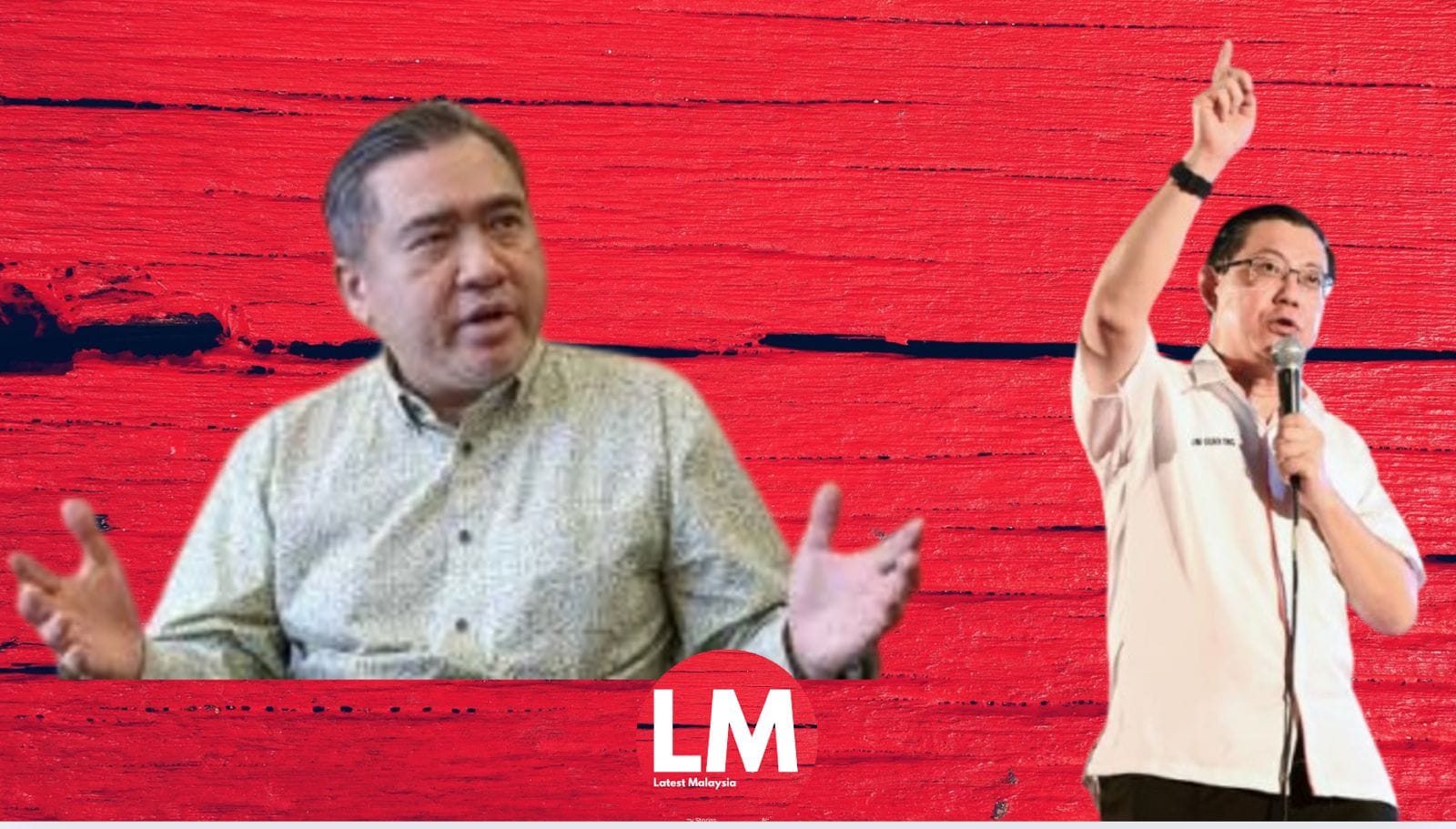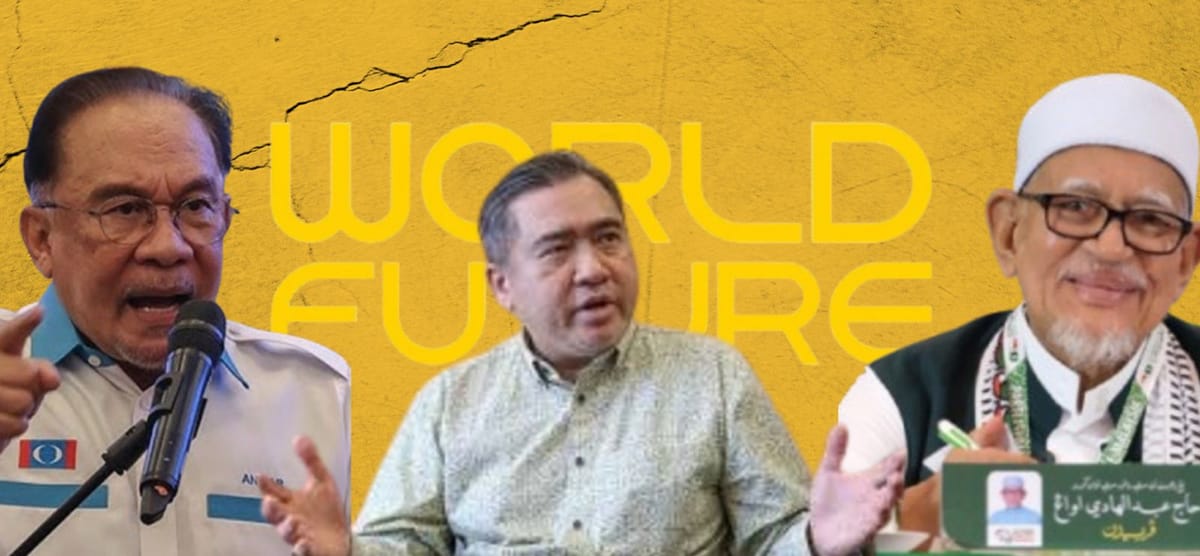It is Loke's DAP now?
Where and how will Anthony Loke direct the party, which is a core faction of the government run by Anwar Ibrahim

The recent DAP (Democratic Action Party) leadership election in Petaling Jaya marks a significant shift in the party’s internal dynamics, with Secretary-General Loke Siew Fook emerging as the biggest winner.
Here we highlight Loke’s success in pushing for a younger, more diverse Central Executive Committee (CEC), signaling a transition to third-generation leadership.
This move weakened former heavyweight Lim Guan Eng, whose influence waned as key allies, including his sister Lim Hui Ying, lost their bids for top positions. Guan Eng, despite retaining a CEC seat, dropped to 26th place with 1,719 votes and was relegated to an advisory role, a clear sign of his declining clout.
Gobind Singh Deo, securing the highest votes at 2,785, emerged as another victor, taking over as chairman. Analysts attribute his success to his neutral stance amid internal factionalism, making him a unifying choice for delegates. His win also reflects DAP’s intent to maintain appeal among the Indian community, echoing the legacy of his late father, Karpal Singh, a former chairman.
The election also showcased improved diversity, with Malay MPs Syahredzan Johan and Young Syefura Othman elected to the CEC—a historic first for Malay leaders in DAP—alongside four East Malaysian representatives. However, the absence of Bumiputera East Malaysian representation, following losses like Mordi Bimol’s, remains a gap.
Analysts also suggest Loke’s diplomatic approach, contrasting with Guan Eng’s confrontational style, will strengthen DAP’s ties with coalition partner Umno, enhancing political stability in the unity government.
This election underscores a strategic pivot toward inclusivity and pragmatism under Loke’s leadership, potentially reshaping DAP’s role in Malaysia’s political landscape.


